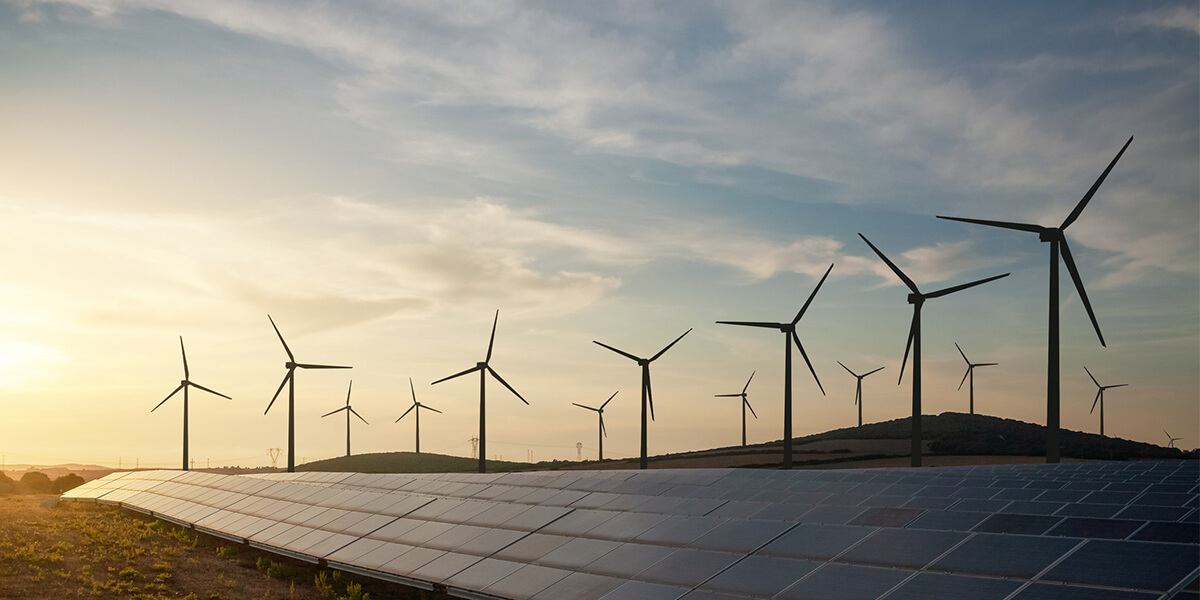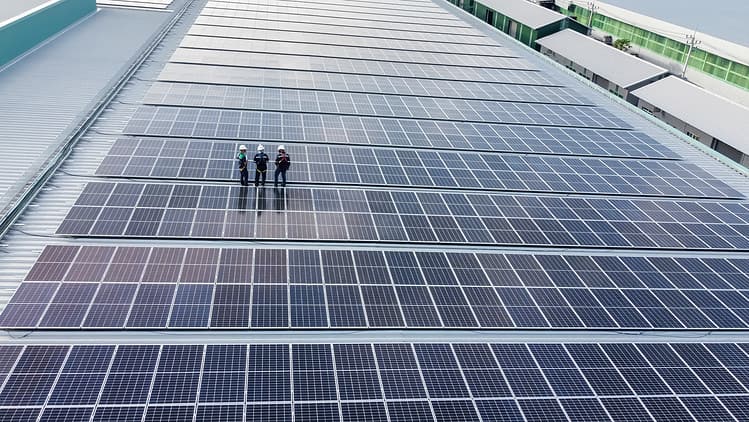
Persistent chemical pollutants, originating from domestic and industrial processes, escape conventional wastewater treatment and prevent its safe reuse. When wastewater effluent is released into rivers, it eventually finds its way into reservoirs, irrigation systems, and aquifer recharges. These chemical pollutants then enter the human food chain and water supply, detrimentally impacting the health of approximately 92 million individuals annually.
Scientists and engineers have discovered a method to harness Daphnia to provide a scalable low-cost, low-carbon way of removing pharmaceuticals, pesticides, and industrial chemicals from wastewater. This approach avoids the toxic byproducts typically associated with current technologies.
The researchers have developed technology that allows them to retrofit populations of water fleas into wastewater treatment plants. What makes their technology unique is the selection of strains based on their chemical tolerance which the researchers ‘resurrect' from past environments.
Their findings set to be published today (25/09/2023) in Science of the Total Environment, showcase an international team of researchers led by the University of Birmingham. They demonstrate the removal efficiency of four carefully selected strains of water flea on diclofenac (pharmaceutical), atrazine (pesticide), arsenic (heavy metal), and PFOS (industrial chemical).
Senior author Professor Luisa Orsini, from the University of Birmingham, commented: “Our profound understanding of water flea biology enabled us to pioneer a nature-inspired tertiary wastewater treatment technology. This refines municipal wastewater effluent and safeguards the ecological health of our rivers.
“The water flea's remarkable ability to remain dormant for centuries allows scientists to revive dormant populations that endured varying historical pollution pressures. Leveraging this trait, researchers sourced strains with diverse tolerances to chemical pollutants, incorporating them into the technology.”
Co-author Dr Mohamed Abdallah, from the University of Birmingham, commented: “Our technology could improve the quality of wastewater effluent – meeting current and upcoming regulatory requirements to produce reusable water suitable for irrigation, industrial applications, and household use. By preventing persistent chemicals from entering waterways, we can also prevent environmental pollution.”
Co-author Professor Karl Dearn, also from the School of Engineering, University of Birmingham, commented: “We introduced these remarkable water fleas into custom containment devices to refine effluent before its final release. Once in place, our technology largely maintains itself, attributed to the water fleas' clonal reproduction capability.”
Lead author and University of Birmingham PhD student Muhammad Abdullahi added: “This novel nature-inspired technology provides a potentially revolutionary process for sustainably removing persistent chemical pollutants from wastewater. By preventing these chemicals from being discharged, we can protect our environment and biodiversity.”




